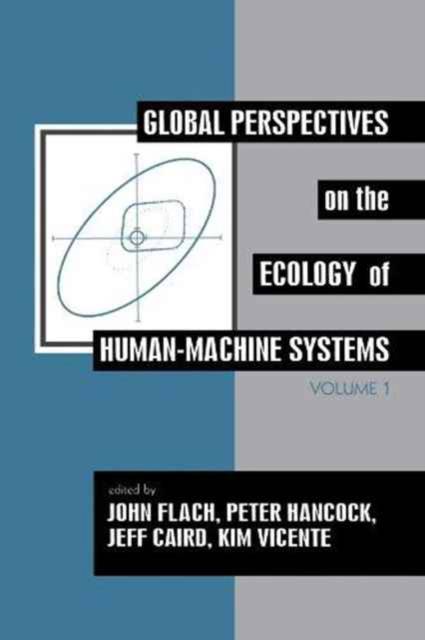
- Afhalen na 1 uur in een winkel met voorraad
- Gratis thuislevering in België vanaf € 30
- Ruim aanbod met 7 miljoen producten
- Afhalen na 1 uur in een winkel met voorraad
- Gratis thuislevering in België vanaf € 30
- Ruim aanbod met 7 miljoen producten
Zoeken
Global Perspectives on the Ecology of Human-Machine Systems
€ 114,45
+ 228 punten
Omschrijving
There is a growing consensus in the human factors/ergonomics community that human factors research has had little impact on significant applied problems. Some have suggested that the problem lies in the fact that much HF/E research has been based on the wrong type of psychology, an information processing view of psychology that is reductionistic and context-free. Ecological psychology offers a viable alternative, presenting a richer view of human behavior that is holistic and contextualized. The papers presented in these two volumes show the conceptual impact that ecological psychology can have on HF/E, as well as presenting a number of specific examples illustrating the ecological approach to human-machine systems. It is the first collection of papers that explicitly draws a connection between these two fields. While work in this area is only just beginning, the evidence available suggests that taking an ecological approach to human factors/ergonomics helps bridge the existing gap between basic research and applied problems.
Specificaties
Betrokkenen
- Uitgeverij:
Inhoud
- Aantal bladzijden:
- 428
- Taal:
- Engels
- Reeks:
Eigenschappen
- Productcode (EAN):
- 9780805813821
- Verschijningsdatum:
- 1/05/1995
- Uitvoering:
- Paperback
- Formaat:
- Trade paperback (VS)
- Afmetingen:
- 156 mm x 229 mm
- Gewicht:
- 571 g

Alleen bij Standaard Boekhandel
+ 228 punten op je klantenkaart van Standaard Boekhandel
Beoordelingen
We publiceren alleen reviews die voldoen aan de voorwaarden voor reviews. Bekijk onze voorwaarden voor reviews.






